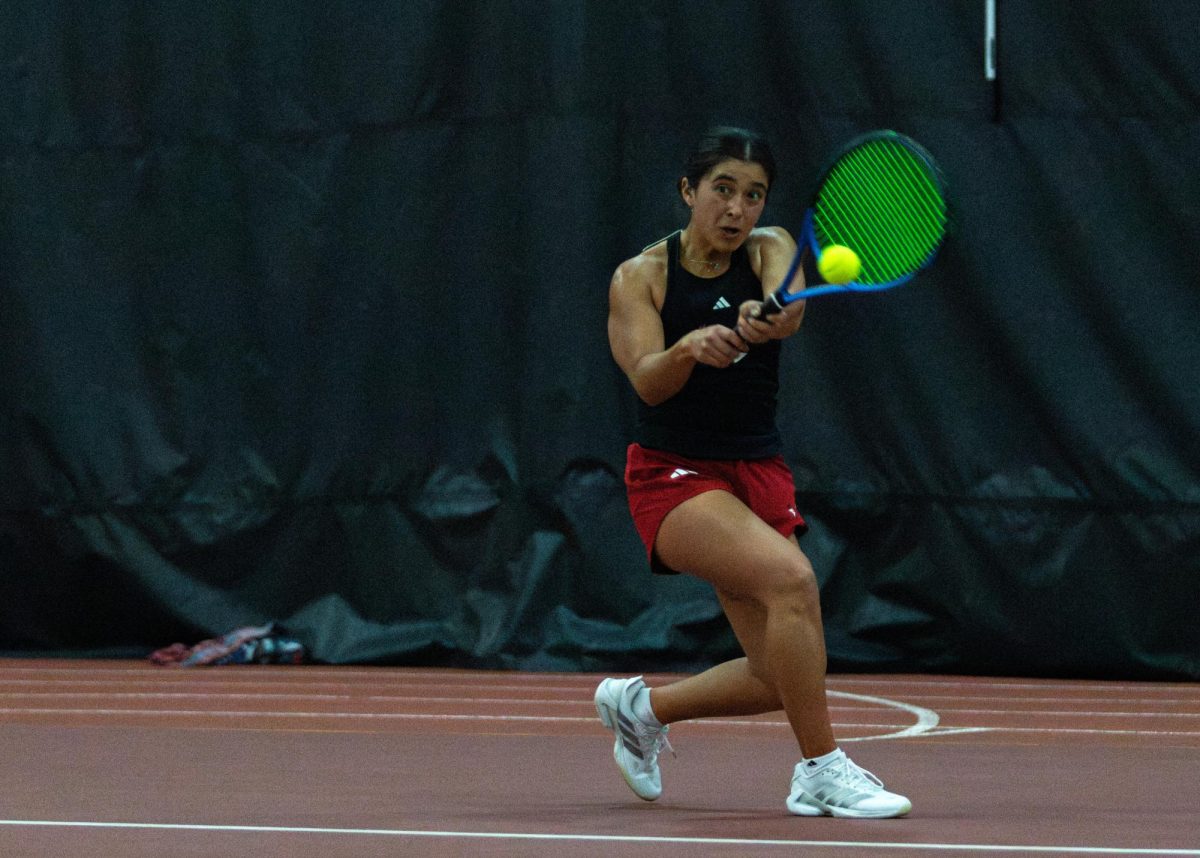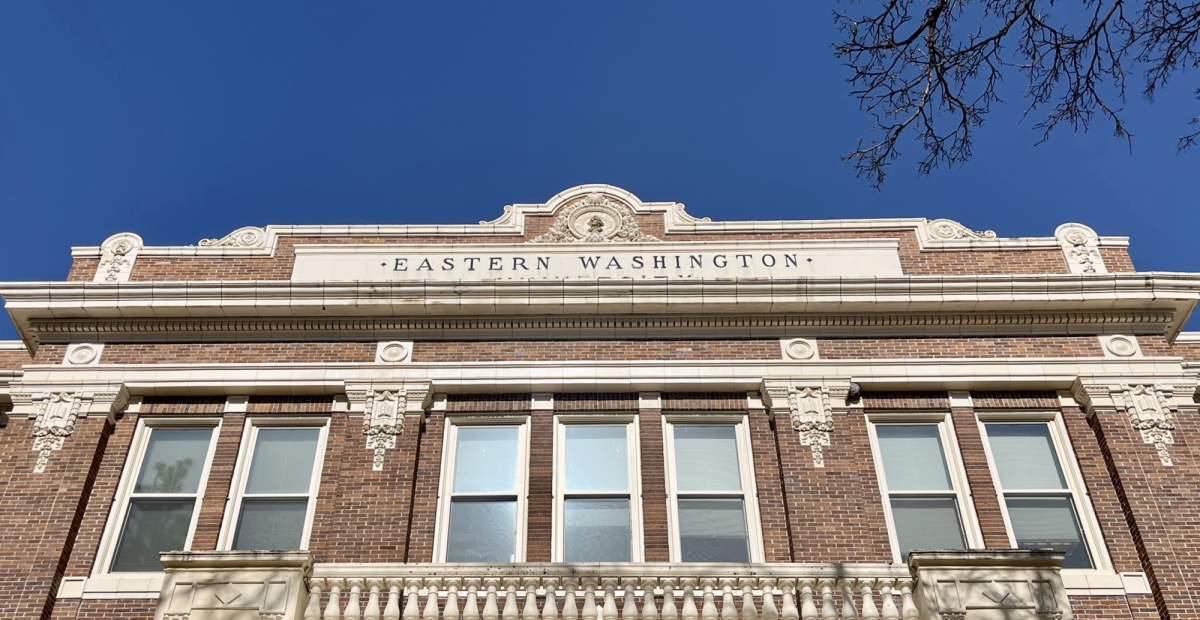Hajjer’s Kitchen brings shawarma to Cheney
October 11, 2012
Shiny glass doors mark the entrance into a family-owned-and-operated kitchen. The smells of roasted chicken, beef and warm pitas fill the air. The chef, in full view, smiles and waves while his wife and child take your order.
Yousef Abbulwahid, an alumnus of Eastern with a manufacturing engineer degree, is the owner of the new restaurant on First Street in Cheney called Hajjer’s Kitchen. His restaurant serves traditional Middle Eastern street foods such as shawarma, baklava and kofta.
Abbulwahid’s dream for a restaurant started when he cooked for 16 people when he was 14 years old. He also worked with his family in a restaurant in Egypt and Saudi Arabia. “I love working,” said Abbulwahid.
Abbulwahid’s goal for opening the restaurant was to bring a different brand of cuisine to Cheney. “My biggest dream would be to start a Middle Eastern restaurant chain,” said Abbulwahid. “I would like to see Hajjer’s Kitchens everywhere. I think that the [United States] is ready for a new cuisine. The next spot I would like to see Hajjer’s Kitchen is in Coeur d’Alene, [Idaho].”
Abbulwahid’s wife, Crystal Contereras, is supportive of her husband’s dream of possible expansion.
The restaurant is named after the couple’s nine-month-old daughter, Hajjer. “The name of the restaurant was the quickest decision we made. Everything else took a while,” Contereras said.
The whole idea for this restaurant began in April. It opened July 29. The couple decided to do a soft opening by just opening the doors and putting up an open sign.
“We panicked and freaked out when the first customers started to come,” said Contereras.
“The first day was crazy,” said Abbulwahid. “I did not even know what the hell was going on. I didn’t know what to do, and I was worried if the people would like the food or not. It was crazy.”
For Abbulwahid, the best thing about his restaurant so far is that people are learning different cultures. Customers always ask where the food comes from.
“I thought that a lot of the people in Cheney did not travel, but some have been in Egypt,” said Abbulwahid. “It made me love Cheney more.”
Abbulwahid learned culinary techniques from Gonzaga, but for the most part the recipes for his restaurant are his mother’s that he tweaked a little bit.
Abbulwahid knew a lot of people at Eastern and at his last quarter he bugged everyone that he would be starting a restaurant.
“By the end of the quarter, I had a ton of people asking, ‘Are you open yet? Are you open yet?’” said Abbulwahid.
There have been a lot of special moments, some heart-warming, others funny, for the owner of this new restaurant.
“After the third day was almost over, I was so tired,” said Abbulwahid. “I accidentally put a whole pita bag, with the plastic, onto the grill. My coworker told me, ‘Just go home. Sleep. I’ve got it.’”
The building was previously a Taco Time, so the windows have a brick arch formation. Abbulwahid decided he wanted the building no matter what, and with that decision came a lot of remodeling and painting. “I thought it had a Middle Eastern look,” said Abbulwahid.
The most popular dishes in Hajjer’s Kitchen are the kofta, which is a roll of minced meat, and the shawarma, which is either roasted chicken or beef inside a pita with lettuce and a special sauce. “I would recommend the chicken shawarma, and ask for fries inside,” said Abbulwahid.
Students Jacob and Mohammed Aldebakio go to the restaurant almost every evening. They are twins from Saudi Arabia and have been studying at Eastern for one year. They were in classes with Abbulwahid, which is how they came to know him very well.
“I’m the best customer here,” said Jacob Aldebakio. “My favorite is the shawarma chicken; it is just like it tastes in Saudi Arabian restaurants.”
Customers will notice that there is a slew of dollar bills hanging on one of the walls. Abbulwahid hung the first dollar bill that he earned on the wall. Then, according to Abbulwahid, customers all said that they wanted their dollars to be hung up too. There are several Fraternities represented on the wall, because the customers write their name on the tape that holds the bill down. “I call it the dollar support,” said Abbulwahid.
“I like the money wall,” said Mohammed Aldebakio. “You can make yourself famous because your name is on it.”
“My motto for opening this restaurant was ‘if you start something, you have got to finish it,’” said Abbulwahid.
“You should see me on Playstation. I never give up until the finish line,” he said.








